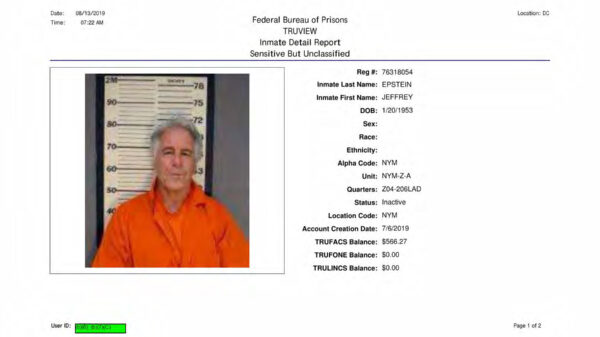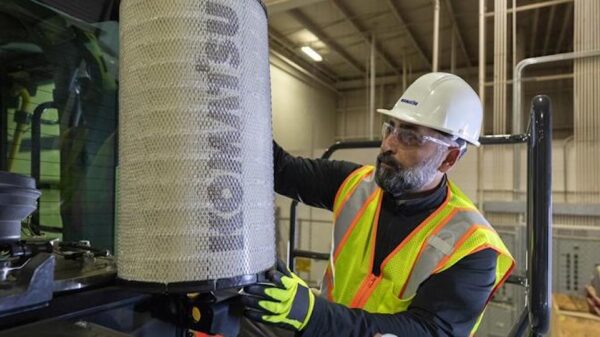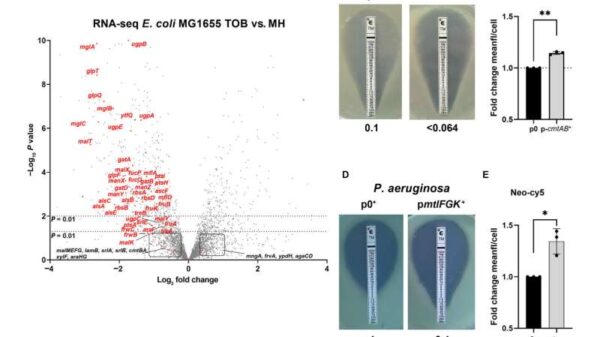The political landscape in the United States is shifting as the Texas House and Senate have passed a new redistricting map that could potentially secure an additional five seats for Republicans in the U.S. House of Representatives. The proposal is now awaiting the signature of Governor Greg Abbott. This move has prompted a response from California’s Governor Gavin Newsom, who is now seeking to alter his state’s districts in a bid to eliminate Republican representation.
Kansas, a traditionally Republican state, is showing interest in joining the redistricting efforts as well, indicating a possible alignment with Texas’s strategies. Lawmakers in Kansas are looking to add a Republican seat for Congress as part of the 2026 redistricting cycle. This development hints at a broader trend among GOP-led states that may follow Texas’s lead in reshaping their political maps.
Many Republican-leaning states, including Florida, Missouri, and Ohio, are considering similar actions. If these states proceed with redistricting, it could significantly alter the balance of power in Congress. For instance, if redistricting occurs in states like Florida and Ohio, analysts suggest that Republicans could gain several additional seats, potentially tipping the scales in favor of the GOP.
The Kansas GOP, equipped with a legislative supermajority, is in a strong position to pursue redistricting measures that could further enhance their representation. Specifically, a shift in the Kansas map could mean the replacement of one Democratic seat with a Republican one, reinforcing the state’s conservative leanings. Current projections show that all four of Kansas’s congressional districts voted for Donald Trump by margins exceeding 14%.
While the Kansas GOP appears poised for action, they may face challenges from the state’s Democratic-leaning Supreme Court, which could impede efforts to redraw the maps. The dynamics within the court may ultimately influence the outcome of any proposed changes.
Supporters of redistricting in Kansas are rallying for action. Enthusiasts are encouraging lawmakers not only in Kansas but also in other conservative states to engage in similar efforts. The sentiment among these supporters is clear: they believe that aggressive redistricting is essential for maximizing Republican representation and countering Democratic strategies.
Critics of the Democratic Party argue that they have already maximized their advantages in blue states during previous redistricting efforts, limiting their ability to gain additional seats. They assert that red states have the opportunity to capitalize on this moment and potentially eliminate Democratic seats through strategic redistricting.
As the 2026 redistricting cycle approaches, the actions taken by Texas and the interest from Kansas signal a significant moment in U.S. politics. The potential for a ripple effect across Republican states could reshape the congressional map and impact the balance of power for years to come.



































































